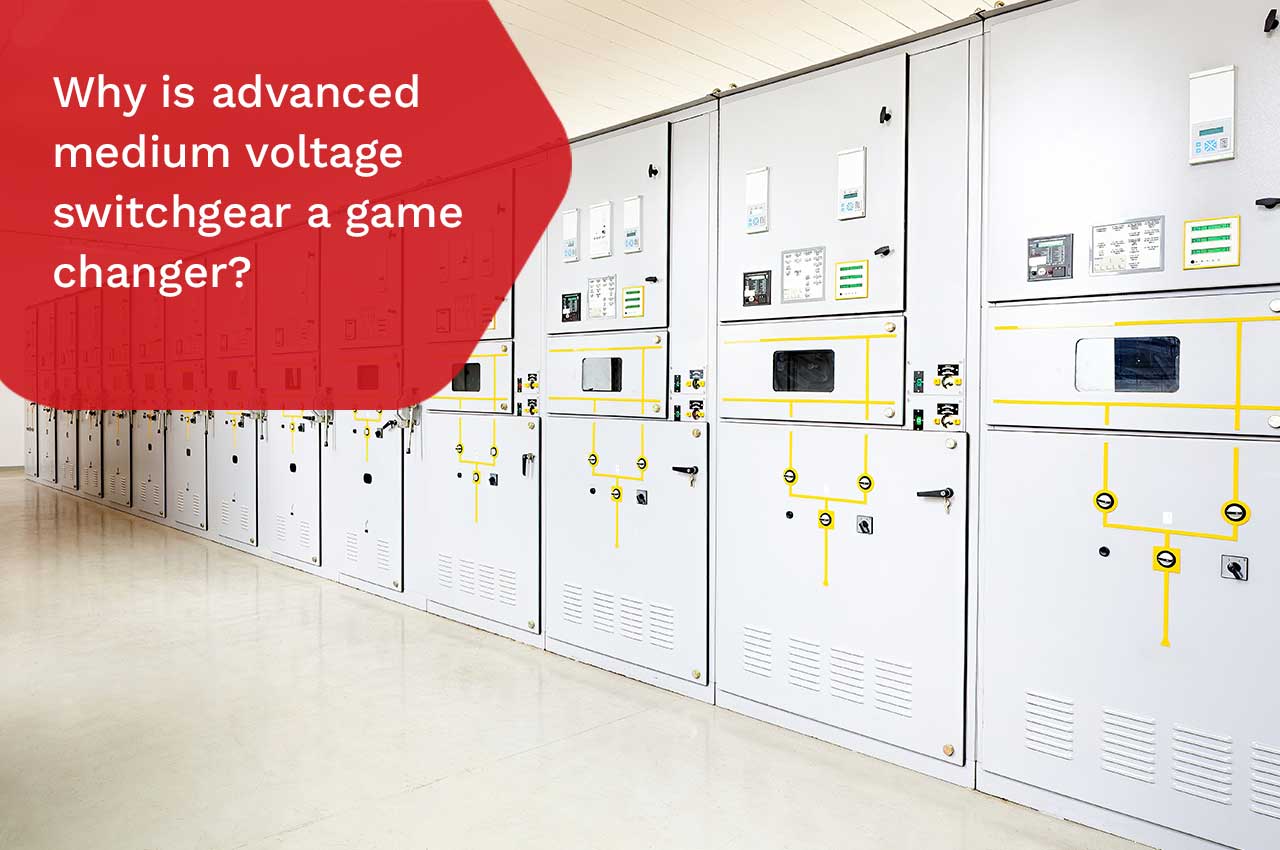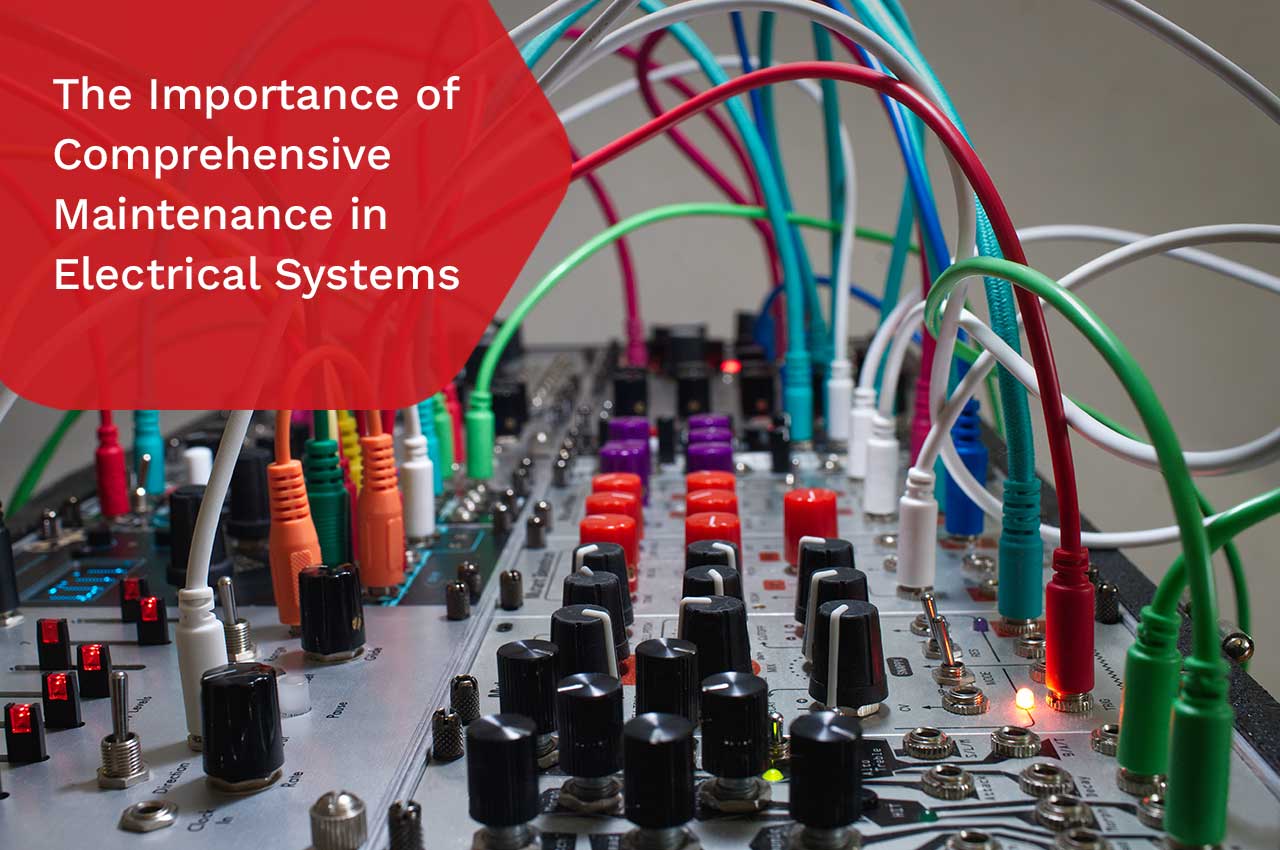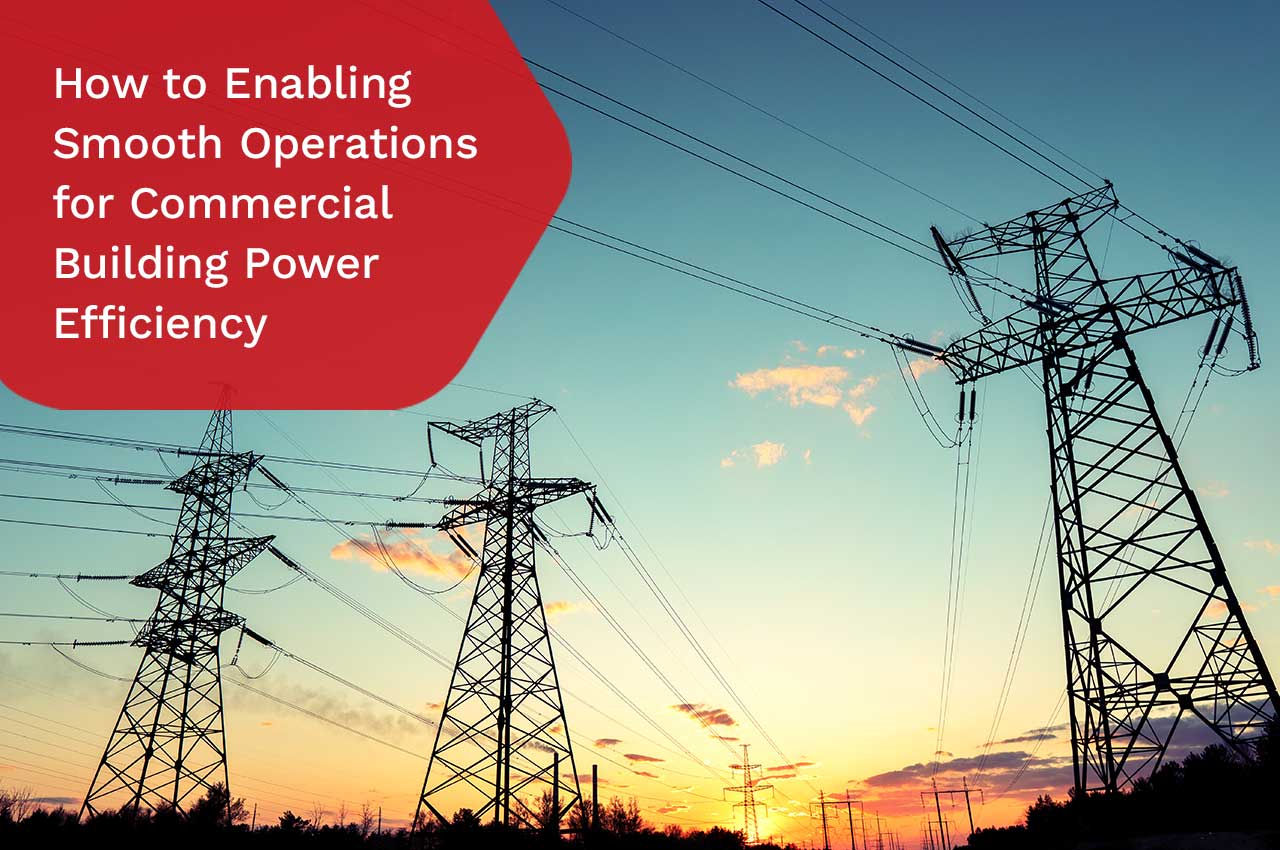 Applications
Applications
Our organisation categorises electrical components based on specific purposes and voltage criteria, simplifying their selection for diverse applications.
Aug 16, 2025

With industries turning to robotic machinery, automated systems, and sensitive electronic controls, the one area that is neglected is power quality. Electrical power that flows smoothly is not just a convenience; it is a necessity. This is where the power quality systems come in. These systems ensure that electrical power, especially the industrial power quality, is stable, consistent, and free from interruptions.
From a manufacturing plant to a data centre and healthcare facility, industrial power quality is an asset to productivity, longevity of equipment, safety, and operational costs. This blog discusses the importance of power quality systems in the industrial sectors and why they are so vital to efficient performance as a quiet but powerful support.
Power quality is defined as the properties of an electrical power source that influence how well it serves the needs of electrical equipment. Voltage stability, frequency stability, noise, and distortion in the power signal are generally included in this. High-quality power ensures that equipment operates efficiently, without unexpected shutdowns, data corruption, and component damage.
However, real-world electricity is not always free from noise, spikes, sags and harmonics, all of which deteriorate power quality. This is where power quality systems come in, providing monitoring, management and corrections to electrical system problems, protecting systems and processes.
Key factors that affect the power quality are
Industrial operations require vast amounts of electric power to operate the heavy machinery, control systems, lighting, HVAC systems, and precision equipment. In these environments, the quality of power is not just having electricity; it is about the stability, reliability, and cleanliness of that power.
An electrical disturbance of very small proportion in either voltage, frequency or waveform can disrupt operations and damage equipment. Good power quality ensures that the electricity flow is not hindered or stopped.
Here are some reasons why it is important to sustain good power quality in industrial applications:
In some industries, the production process is always round the clock and relies on automated processes. Poor power quality can disrupt that operation. Even a brief glitch, like a two-second voltage dip, can stop production mid-cycle in industries like textiles or food processing.
Over time, interruptions like that can lead to significant production losses.
Modern industrial machinery employs advanced electronics to control the machinery. Sensors, control boards, and variable frequency drives are examples of these types of electronics that need a stable and clean electricity supply. If they are consistently exposed to voltage spikes, harmonics, or voltage frequency inconsistencies, they overheat or even experience outright failures.
Ensuring good power quality prevents unplanned power failure and prolongs the lifespan of the equipment.
Power quality issues such as load imbalances, excessive harmonics and poor power factor can cause inefficiency in energy consumption. These problems cause greater energy consumption as systems draw excessive current, transformer losses, and higher energy bills.
However, good power quality ensures that the systems run closer to their optimum performance with solutions such as power factor correction, harmonic filters, or load balancing, which reduces energy waste and improves the efficiency of equipment.
Poor power quality in utilities not only impacts performance and efficiency but can also lead to significant safety hazards. Electrical aberrations, such as voltage spikes, voltage imbalances, or harmonic distortion, are also the cause of overheating of wires and equipment, sparking, and ultimately system failure.
By achieving and maintaining a high power quality, the risk of hazards is reduced. Also, it ensures that workers, physical structures and systems are protected and meet safety regulations.
Power quality systems are fully integrated systems that, in real-time, will detect, measure, and correct power problems. These systems generally include:
While each part of the system is used as a stand-alone device, these devices collectively make the industrial power quality as stable as possible to enhance performance and reduce risk.
Virtually every industrial sector benefits from good power quality, but some have greater sensitivity and risk exposure:
As power-sensitive industries continue to grow in every realm of manufacturing and service industries, power quality has never been more important to their reliability and success. Power quality systems deliver the reliability and resilience for energy efficiency, digital transformation, and sustained productivity and profitability of facilities across every industry. These systems are essential to ensure that facilities operate without unplanned shutdowns to maintain sustained operations. Reliable electrical power is not just keeping the lights on; it is about keeping the entire operation working, both safely and smartly.
Power quality is defined as the properties of an electrical power source that influence how well it serves the needs of electrical equipment.
The key factors that affect power quality are voltage sags and surges, harmonics, flicker, transient spikes, imbalance and phase issues, and frequency variations.
 Recent Posts
Recent Posts






